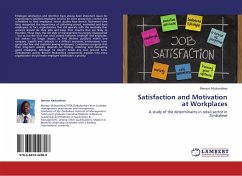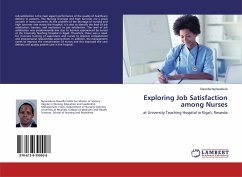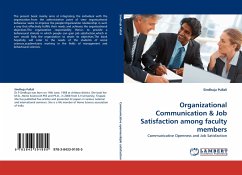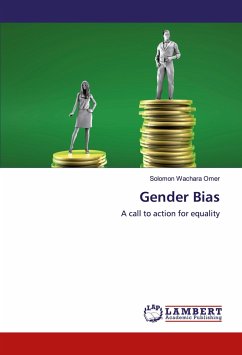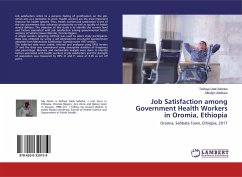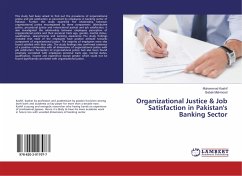Can you imagine the pressures and demands that go into the job of a Customer Service Representative (CSR) in a call centre? The incidence of job burnout among call centre CSRs is extremely high. Job Burnout is "a syndrome of emotional exhaustion, depersonalization, and reduced personal accomplishment that can occur among individuals who do people work' of some kind . As part of the global industry, call centres in India have experienced spectacular growth in the last few years. However, there is hardly any detailed and systematic understanding of the management practices and outcomes of call centres in India and therefore this book examines job burnout among call centres CSRs in India. A comprehensive model of job burnout is tested using two multivariate techniques- canonical correlation analysis and regression analysis; moreover, a standardized instrument to measure job burnout is also developed and validated.The book highlights the important role of social support in reducing burnout levels among CSRs and caters to professionals in the call centre industry, as well as academicians and practitioners interested in the area of job burnout.
Bitte wählen Sie Ihr Anliegen aus.
Rechnungen
Retourenschein anfordern
Bestellstatus
Storno


